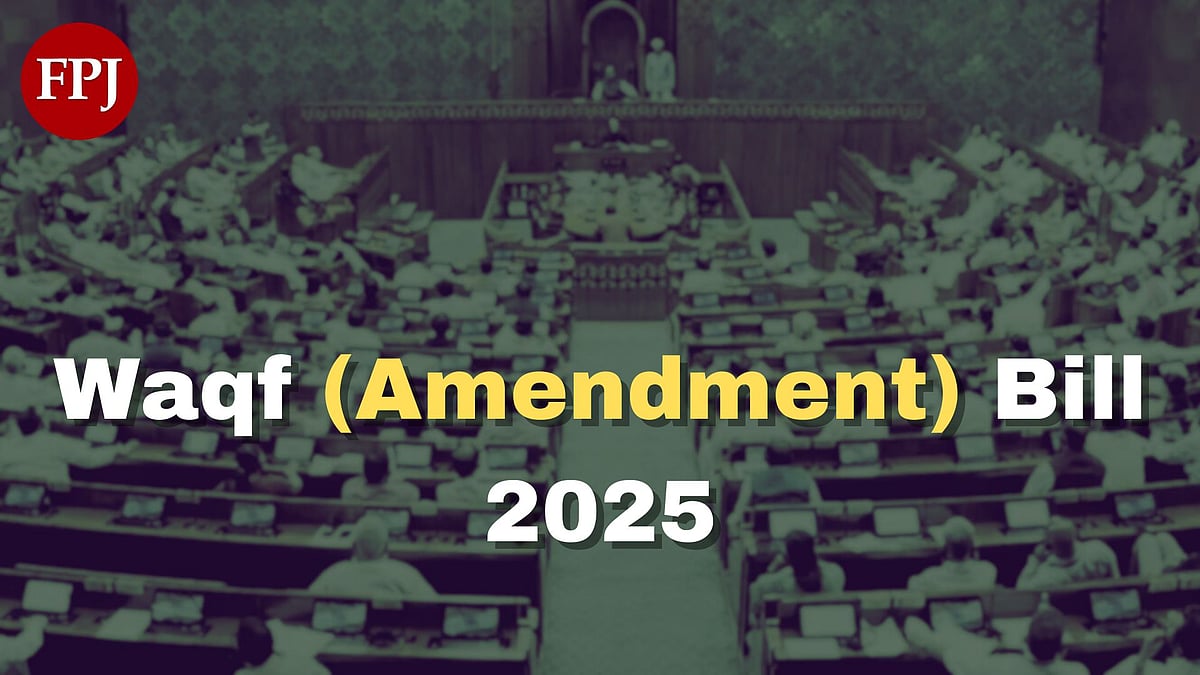The Waqf Bill is set to become law once the President gives her assent. However, its passage has not silenced concerns about its constitutional and political implications. Much like the controversial agricultural laws introduced by the Modi government, ultimately withdrawn due to public resistance, this legislation is likely to face significant pushback.
Minority Affairs Minister Kiren Rijiju defended the Bill in the Lok Sabha, claiming it was in the best interests of Muslims. But such a claim rings hollow when the same government has slashed scholarships for Muslim students and, at the highest levels, peddled narratives of Muslims allegedly snatching mangalsutra from Hindu women. In a Cabinet with not a single Muslim member, the credibility of this argument is weak at best.
At its core, the Bill challenges the constitutional principles of equality and minority rights. Waqf is a form of religious endowment in which a Muslim dedicates property to Allah for religious and charitable purposes. Once designated as Waqf, the land cannot be sold or repurposed for commercial use.
The management of such properties is traditionally in the hands of the community, much like how Hindu, Sikh, and Christian trusts operate. For instance, only Hindu MLAs in Kerala can vote in elections for the Devaswom Board, which governs Hindu temples. The Shiromani Gurdwara Parbandhak Committee (SGPC), which manages Sikh gurdwaras, is controlled exclusively by Sikhs.
Even the Vaishno Devi temple is overseen by the Lieutenant Governor of Jammu and Kashmir—but if he is a non-Hindu, a Hindu must be appointed to the role. In stark contrast, the Waqf Bill allows non-Muslims to not only hold positions but also control Waqf boards at the state and national levels. This is blatant discrimination.
The inconsistency is further highlighted by the ongoing efforts of the Tirupati temple authorities to remove non-Hindu employees, even those serving as clerks and peons, under the argument that only Hindus should manage their religious institutions. Yet, when it comes to Waqf, the government is eager to intervene.
There are undoubtedly issues in the functioning of Waqf boards that require reform. However, an overhaul that undermines the core principles of Waqf and grants government control is neither justified nor necessary. This Bill sets a dangerous precedent.
If Waqf lands can be controlled today, what stops the government from extending similar authority over properties owned by Christian, Sikh, and Buddhist institutions tomorrow? Buddhists have long demanded control over the Mahabodhi Temple in Bodh Gaya, the site where Buddha attained enlightenment. Their struggle remains unresolved. The Waqf Bill, rather than being a step toward fairness, appears to be yet another move towards state con
